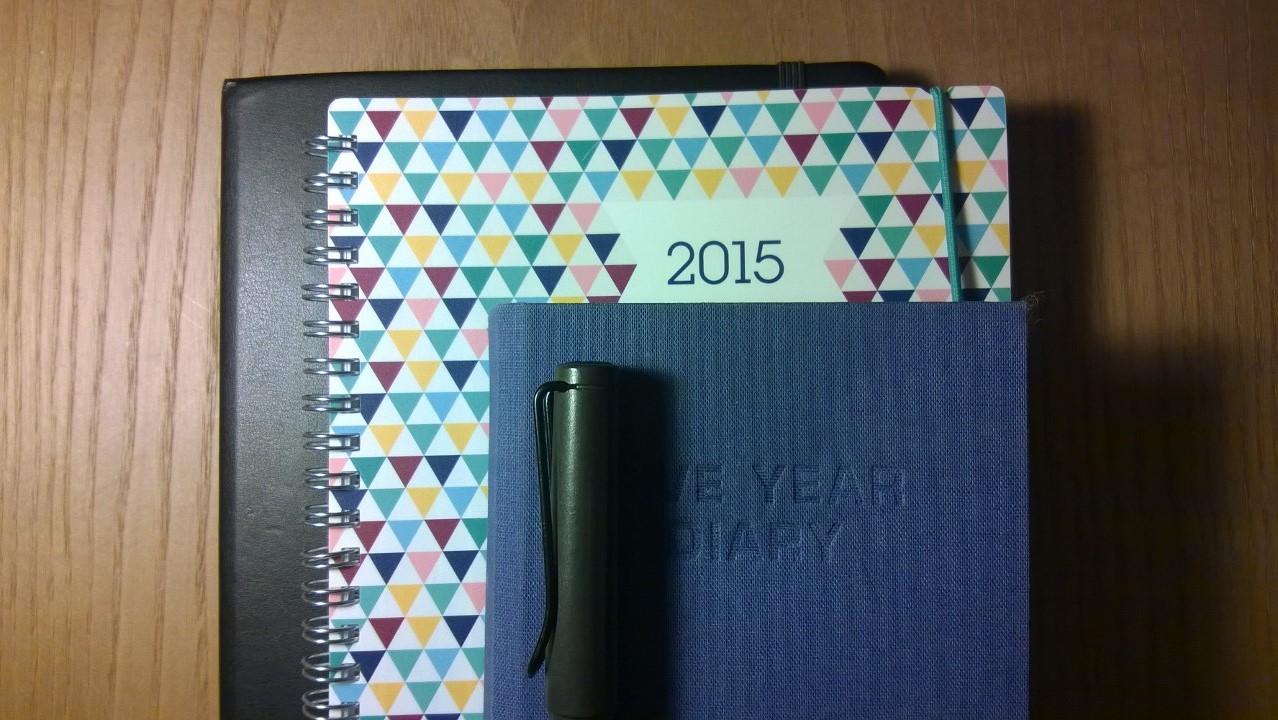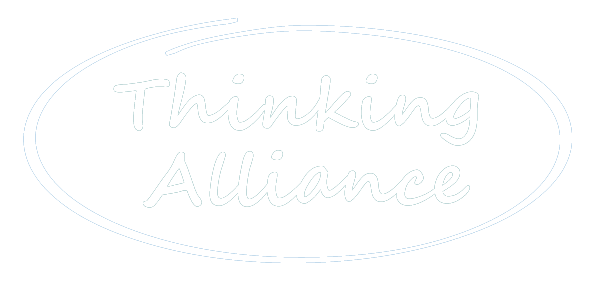
11 Mar An A-Z of change: J is for Journalling
Keeping a journal or diary helps to anchor and sustain change. Some people are mistakenly put off for fear that it will require too much effort – in fact, it can be a very quick and easy way to keep yourself on track.
At its simplest level, just marking the calendar with a cross for every day you do something helps you build up a ‘streak’. This works partly as a reminder as you look at the calendar, and partly as an incentive as the streak grows longer and you do your best not to break it! This can be a great way to build a new habit, and if you don’t go for paper, there are all sorts of apps that can help. I’m currently learning German for a holiday in the summer using an app that rewards me for practising daily.
At the next level, keeping some kind of record helps you observe and learn from the changes you’re making. I keep two such records at the moment. The first is my runner’s training log where, while I warm down, I jot distance, speed, how I felt on a run and so on. It only takes a moment but allows me to see at a glance my weekly mileage and any warning signs that might lead to injury. The second is a five year diary which has space for two sentences every night. Again, it takes moments to complete, but now means I can look back over the years to remember highs and lows, and what I’ve been grateful for every day. Most importantly, it allows me to see how far I have come in some parts of my life. This is perhaps one of the best reasons for keeping some kind of diary. Day by day, we may not seem to change very much, but over a period of months and years those little actions really do add up.
For those who really want to get the best from a journal, it can be worth devoting a little more time (perhaps 15 minutes) to a fuller account of each day and maybe also allowing your thoughts to wander where they will. There is something about the connection between the brain and the physical act of writing which can help to crystallise out ideas and issues. Exploring these can help deepen your understanding of the change you’re making and resolve some of your mental blocks. I must admit that extended writing is a habit I’ve not yet been able to sustain, but I do know plenty of people who find it a vital part of their day and their learning process.
What are your experiences of journaling? What’s been useful for you, and what tips do you have for building it into a productive habit?

